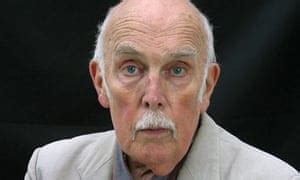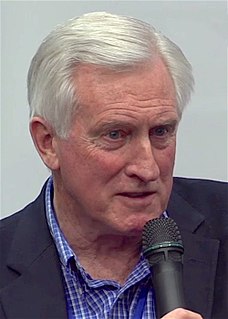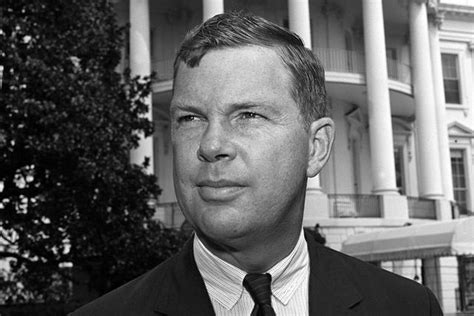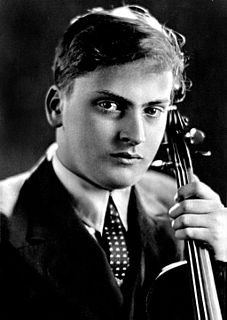A Quote by Bernard Crick
The political process is not tied to any particular doctrine. Genuine political doctrines, rather, are the attempt to find particular and workable solutions to this perpetual and shifty problem of conciliation.
Related Quotes
Any comprehensive doctrine, religious or secular, can be introduced into any political argument at any time, but I argue that people who do this should also present what they believe are public reasons for their argument. So their opinion is no longer just that of one particular party, but an opinion that all members of a society might reasonably agree to, not necessarily that they would agree to. What's important is that people give the kinds of reasons that can be understood and appraised apart from their particular comprehensive doctrines.
Make no mistake about it: the labeling of someone's language as 'sexist' involves a political judgment and implies the desirability of a particular sociological doctrine. One may be in favor of that doctrine (as I believe I am) but it is quite another matter to force writers by edicts and censorship into accepting it.
Any attempt to speak without speaking any particular language is not more hopeless than the attempt to have a religion that shall be no religion in particular.... Every living and healthy religion has a marked idiosyncrasy. Its power consists in its special and surprising message and the bias which that revelation gives to life.
The adjective "political" in "political philosophy" designates not so much the subject matter as a manner of treatment; from this point of view, I say, "political philosophy" means primarily not the philosophic study of politics, but the political, or popular, treatment of philosophy, or the political introduction to philosophy the attempt to lead qualified citizens, or rather their qualified sons, from the political life to the philosophic life.
The problem in the Syrian opposition is not between Islamists and non-Islamists. It was the lack of any political experience after 50 years of no political experience. The problem was a lack of political organizations that are truly effective and powerful. This is still a challenge now; it is a weakness in the reality of Syrian political life.
The art of creation lies in the gift of perceiving the particular and generalizing it, thus creating the particular again. It is therefore a powerful transforming force and a generator of creative solutions in relation to a given problem. It is the currency of human exchanges, which enables the sharing of states of the soul and conscience, and the discovery of new fields of experience.
There are constraints on what counts as "Reformed." It's more than a name or a label. It's about belonging to a particular theological stream or tradition, which is shaped in important respects by particular thinkers and their work, particular arguments and ideas, a particular community (especially, particular church communities, denominations, and so on), particular liturgies or ways of worshipping and living out the Christian life, and particular confessions that inform the practices of these communities.




































